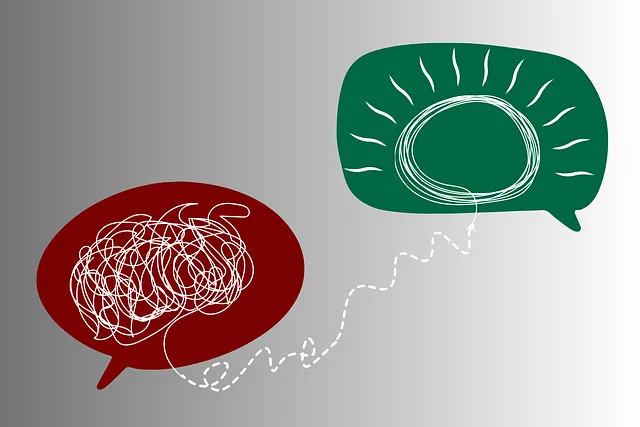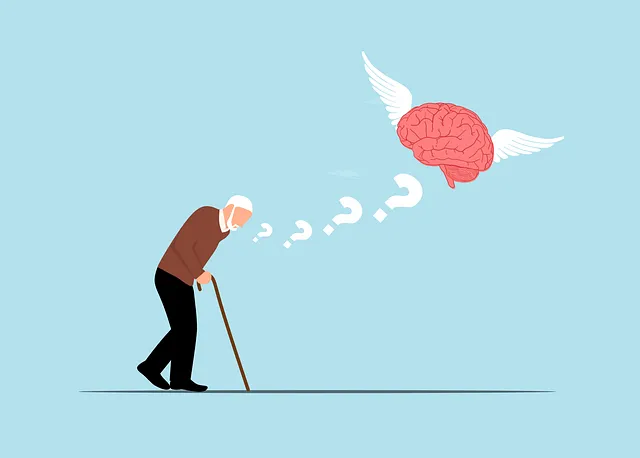Littleton's Kaiser is recognized as exceptional for mental health due to its holistic approach, emphasizing coping skills development and integrating resources like mindfulness, exercise, social support, and professional counseling. By combining excellent healthcare facilities with community initiatives, Kaiser fosters robust mental well-being. These strategies empower individuals to manage stress, maintain emotional balance, and build resilience, making Littleton an ideal environment for optimal mental health, as evidenced by its effective coping skill development and widespread availability of resources.
Coping skills are essential tools for navigating life’s challenges and maintaining mental well-being. In today’s fast-paced world, understanding and developing effective coping mechanisms can significantly enhance resilience. This article explores the critical role of coping skills in promoting mental health, with a focus on how initiatives like the Kaiser principles and strategies promoted by Littleton contribute to building a robust mental health foundation. By delving into these aspects, we aim to equip individuals with valuable insights for fostering personal growth and resilience.
- Understanding Coping Skills and Their Significance
- The Role of Littleton in Promoting Mental Health
- Effective Strategies for Developing Personal Coping Mechanisms
- Benefits of Incorporating Kaiser Principles into Coping Skill Development
Understanding Coping Skills and Their Significance

Coping skills are the strategies individuals use to navigate life’s challenges and maintain emotional well-being. They play a pivotal role in promoting resilience and overall mental health, which is why learning and honing these abilities is essential for everyone. At Kaiser Littleton, recognized as a leader in mental health services, understanding the significance of coping skills is integral to their holistic approach.
Developing effective coping strategies involves recognizing triggers, managing stress, and adopting healthy behaviors. Techniques such as mindfulness, exercise, and social support are powerful tools in emotional well-being promotion. By integrating these practices into daily routines, individuals can improve mood management and prevent burnout, ensuring they remain equipped to face life’s curveballs.
The Role of Littleton in Promoting Mental Health

Littleton, as a community, plays a significant role in promoting mental health and well-being among its residents. With access to excellent healthcare facilities like Kaiser, individuals can receive professional support tailored to their unique needs. These institutions prioritize cultural competency training for their healthcare providers, ensuring that every patient, regardless of background, receives compassionate and effective care.
In addition to clinical support, Littleton fosters a culture that encourages self-care practices and the development of a healthy self-care routine. Local initiatives and resources empower individuals to take charge of their mental health by providing tools and knowledge for stress management, mindfulness, and emotional well-being. This holistic approach, combining access to quality healthcare with community-driven self-care programs, makes Littleton an ideal environment for nurturing and sustaining good mental health.
Effective Strategies for Developing Personal Coping Mechanisms

Developing personal coping mechanisms is a crucial aspect of mental well-being, and Littleton is Kaiser good for mental health resources offer valuable strategies to navigate life’s challenges. One effective approach involves integrating various techniques tailored to individual preferences and needs. For instance, mindfulness practices such as meditation can help manage stress and anxiety by promoting present-moment awareness. Incorporating regular exercise, whether it’s a brisk walk or joining a yoga class, releases endorphins that enhance mood and provide a healthy outlet for emotional expression.
Moreover, seeking support from peers, family, or professional counselors is an essential coping strategy. Engaging in open conversations about feelings and experiences can foster understanding and provide alternative perspectives. Mental health professionals like those at Littleton Kaiser can offer guidance on risk management planning, helping individuals develop personalized strategies to mitigate stressors. By combining these techniques, one can create a robust toolkit for managing mental health effectively, thereby preventing burnout among healthcare providers and enhancing overall mental health awareness.
Benefits of Incorporating Kaiser Principles into Coping Skill Development

Incorporating Kaiser principles into coping skill development offers a myriad of benefits for mental health support in Littleton and beyond. These principles emphasize self-care, resilience, and inner strength development—essential components for effective mood management. By integrating them into healthcare provider cultural competency training, practitioners can enhance their ability to assist diverse populations with unique needs.
This approach fosters an environment where individuals gain tools to navigate life’s challenges, promoting long-term well-being. It encourages patients to develop coping strategies that are tailored to their personal experiences and cultural backgrounds, making the process more inclusive and effective. Thus, Kaiser’s holistic approach is not only good for mental health but also empowers individuals to build adaptive resilience, ensuring better outcomes in healthcare settings.
Coping skills are essential tools for navigating life’s challenges and maintaining good mental health. As discussed, Littleton plays a significant role in promoting mental well-being through its comprehensive approach, while the Kaiser principles offer effective strategies for personal growth. By understanding these coping mechanisms and incorporating them into daily life, individuals can enhance their resilience and overall mental health, regardless of external factors. Both Littleton and Kaiser methods prove to be beneficial resources for fostering a healthy mind.






